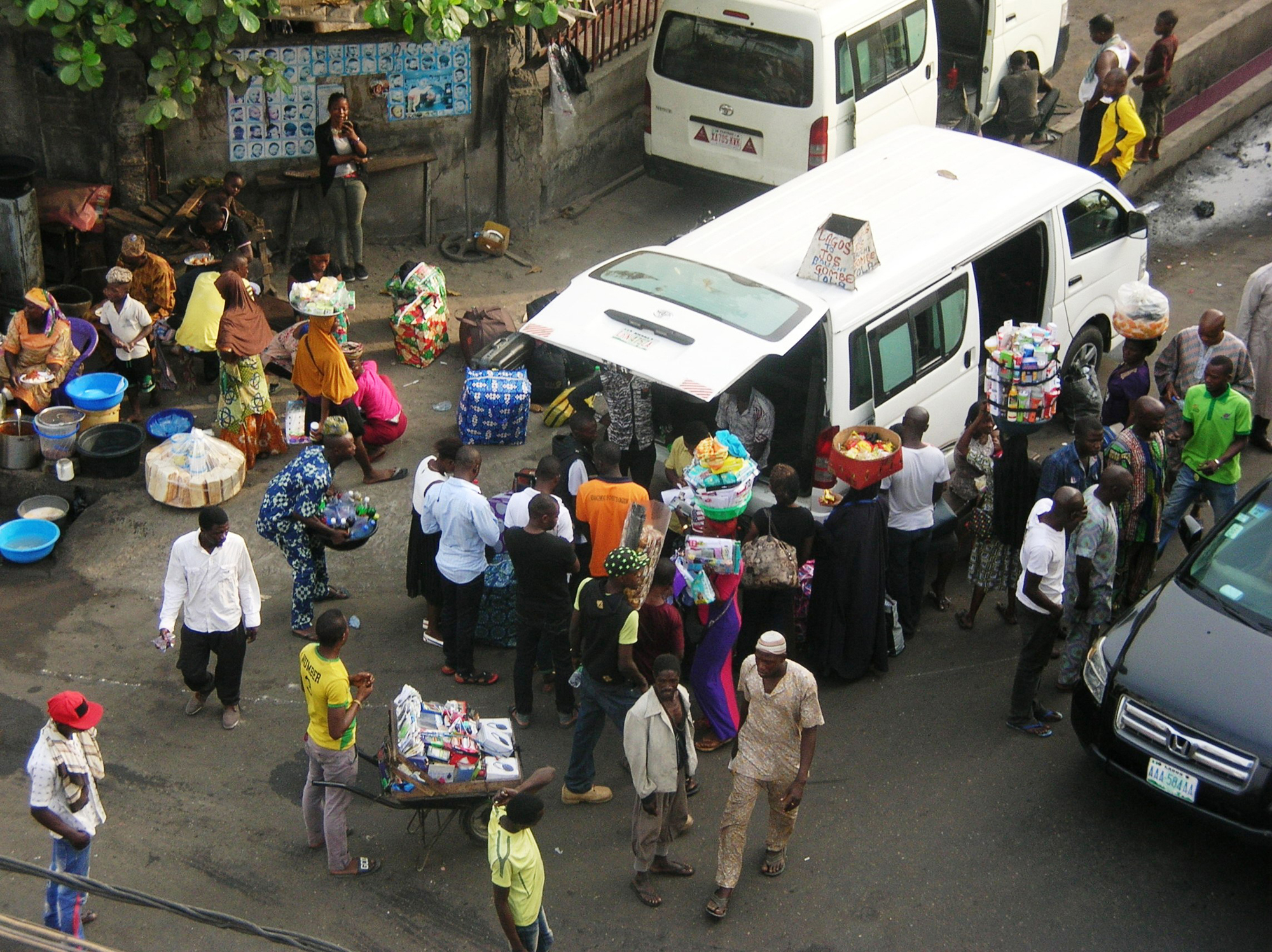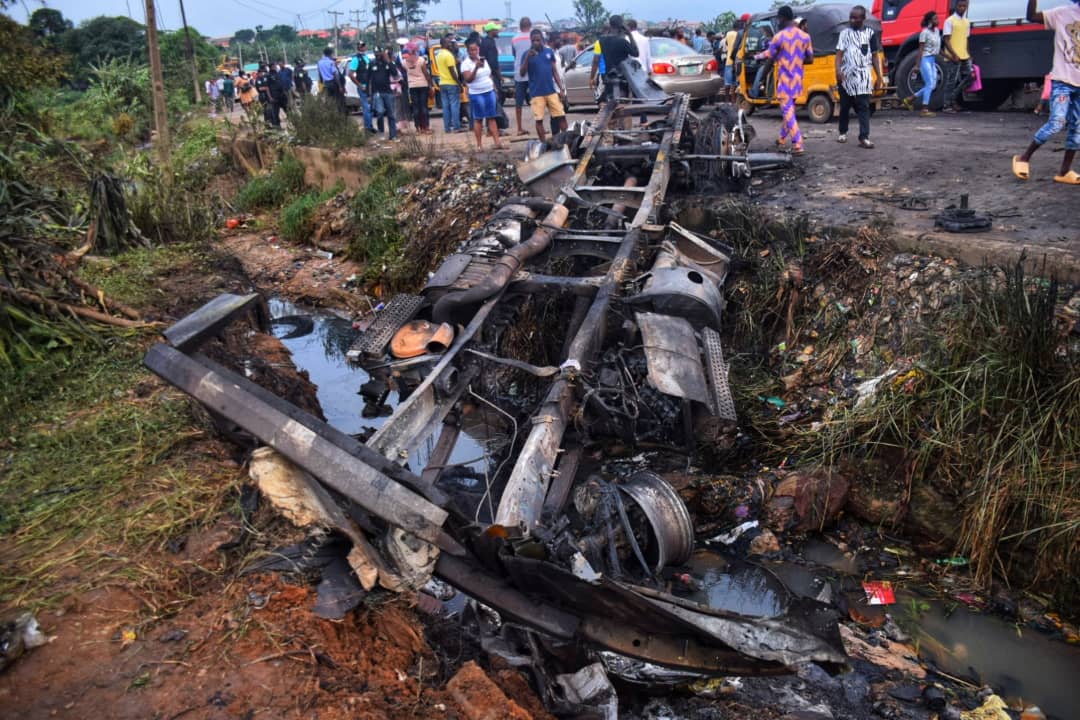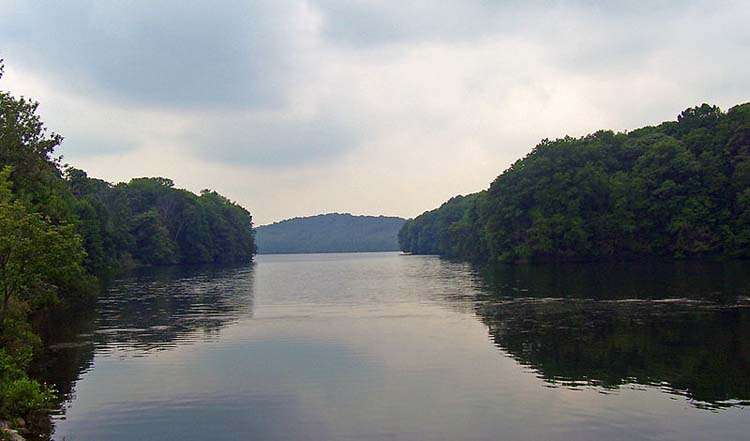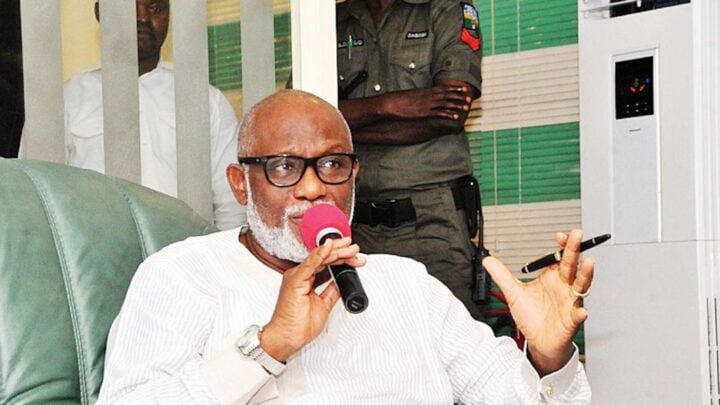Bayelsa, Borno, and Katsina states will be the most hit by dwindling economy, according to the 2020 annual State of States Report released by BudgIT, a civic advocacy group.
Nigeria’s economy suffered a major setback following the global crash in prices of crude oil, the country’s major source of revenue.
The report said the three states were overdependent on federal allocation in 2019, thereby resulting in low internally generated revenue.
It said Lagos, Ogun and Rivers will be least affected.
Advertisement
“Three states – Bayelsa, Borno and Katsina – will be worst hit by dwindling revenue as they relied on Net FAAC for 89.56%, 88.30% and 88.16% of their total revenues, respectively in 2019,” the report read.
“Lagos, Ogun and Rivers state will be least affected as they relied on Federal Allocation (Net FAAC) for only 22.82%, 35.31% and 53.02% of their total revenues, respectively.”
According to the report,t the debts owed by governments across Nigeria’s 36 states increased from N2.05 trillion in 2014 to N5.39 trillion in 2019.
Advertisement
It said all 36 states’ debts surged by 162.87 percent (N3.34 trillion), from N2.05 trillion in 2014 to N5.39 trillion in 2019, with 10 states accounting for approximately half or N1.68 trillion of this increase.
The statement added that 13 states were unable to fund their recurrent expenditure obligations together with their loan repayment schedules due in 2019 with their respective total revenues.
“The worst hit of these 13 states are – Oyo, Kogi, Osun and Ekiti States while the other states on this pendulum are Plateau, Adamawa, Bauchi, Gombe, Cross River, Benue, Taraba and Abia,” the report read.
“Furthermore, of the remaining 23 states that can meet recurrent expenditure and loan repayment schedules with their total revenue, 8 of those states had really low (less than N6bn) excess revenue, that they had to borrow heavily to fund their capital projects. The worst hit are Zamfara, Ondo and Kwara who had N782.45m, N788.22m and N1.48bn left, respectively.
Advertisement
“Based on their fiscal analysis, only five (5) states – Rivers, Kaduna, Akwa Ibom, Ebonyi and Kebbi states – prioritised capital expenditure over recurrent obligations while thirty-one (31) states prioritised recurrent expenditure according to their 2019 financial statements.”
The report, which also includes a fiscal sustainability index, ranked Rivers as the most sustainable state in the country.
It said the state is followed by Anambra, Ogun and Lagos.
“Among the States that are not fiscally sustainable, Bayelsa, Osun, Ekiti and Plateau occupy the least positions,” it read.
Advertisement
On epidemic financing, the report noted that in 2019, all 36 states recorded 94,500 cases of the deadly cerebrospinal meningitis (CSM), measles, lassa fever, yellow fever, monkeypox
and cholera combined.
It recommended that state governments should invest in appropriate health systems through their budgets and other sustainable methods.
Advertisement






